Smelly foods are what make my culinary world "go 'round," so to speak. I grew up with fish sauce, learned to cook with and love fermented beans and veggies, and am one of the biggest garlic advocates I know... other than my husband, who thankfully shares the same smelly food sensibilities. (Let's put it this way: anyone that can stomach stinky tofu can handle anything I could possibly cook up.)

Yes, those moldy-looking black blocks are tofu. It's not natural, I tell you!
And, while I love me some spicy kimchi stew, the thought of opening the fridge and catching a whiff of fermented spicy cabbage—mixed in with the scent of leftover fish and the smell of fresh Parmesan—makes my stomach turn. I've tried a few things to prevent this nasty mix of smells in the past; from the monthly baking soda cups in the back of the fridge to airtight containers wrapped in plastic. But nothing has worked, to my dismay... at least, not until now.
Thanks to my recent discovery of activated charcoal, I can now enjoy my fill of smelly food without worrying about the noxious mix of smells in my fridge if I have leftovers!
- Don't Miss: Your Fridge: You're Using It Wrong
Why Activated Charcoal Works
Activated charcoal is processed to be more porous, thus increasing the surface area available for chemical reactions. And because activated charcoal is pure carbon, it absorbs all organic molecules—thus removing any smelly organic particles it encounters in the air surrounding it. Activated charcoal's readiness to chemically react and absorb all organic molecules, in addition to its increased surface area, make it an extremely effective deodorizer.

Activated charcoal pellets.
In comparison, baking soda (which is the most popular alternative) is less effective because it only combats certain types of smells in the fridge: as a chemical compound, it changes the composition of acidic molecules it comes into contact with in the air. However, not all molecules that create those stinky smells in your fridge are acidic; additionally, the smell may be altered, but not necessarily filtered.
When Cook's Illustrated conducted a test between 1 cup of baking soda versus 1 cup of activated charcoal in a small fridge, the testers agreed that the charcoal was significantly more effective.
Where Can I Buy Activated Charcoal?
Amazon is a great way to buy activated charcoal in bulk, which is what you'll need if you want to keep your full-sized fridge scent-free—Cook's Illustrated recommends 2 cups of activated pellets in an open container. If you prefer to buy your charcoal offline, your local pet shop should carry activated charcoal pellets; along with being a great fridge air filter, activated charcoal is also a fantastic water filter in aquariums.
Note: The trials conducted were done with activated charcoal pellets, not activated charcoal powder. I can't say for sure that powder would be less effective, but I do know that based on a price comparison, pellets are much less expensive and therefore more cost-effective to buy.
Smell You Later, Food!
Activated charcoal is guaranteed to work well as a fridge deodorizer for at least a month (and possibly much longer), so there's no set limit for effectiveness—you'll just have to change it out for fresh charcoal once your fridge starts to smell a bit funky again.

In other words... when you open the fridge and your hand immediately covers your nose, like this.
But if you're as sensitive to the mixture of strong scents as I am, anything that is guaranteed to be effective, even if it's only for a month at a time or so, is completely worth it.








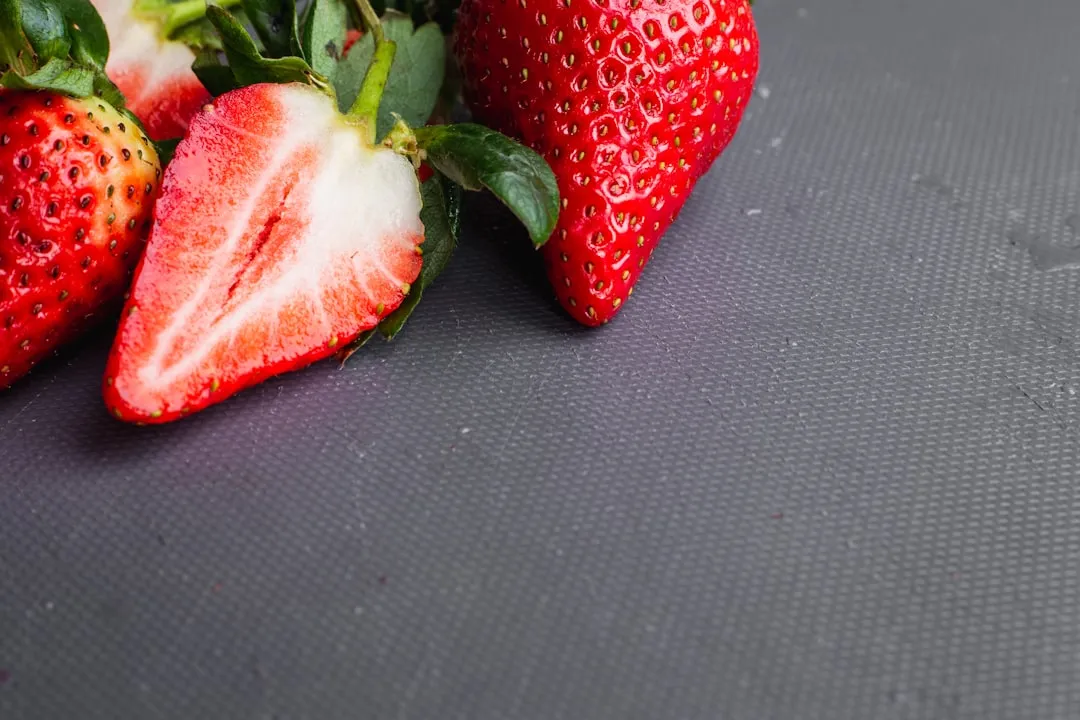
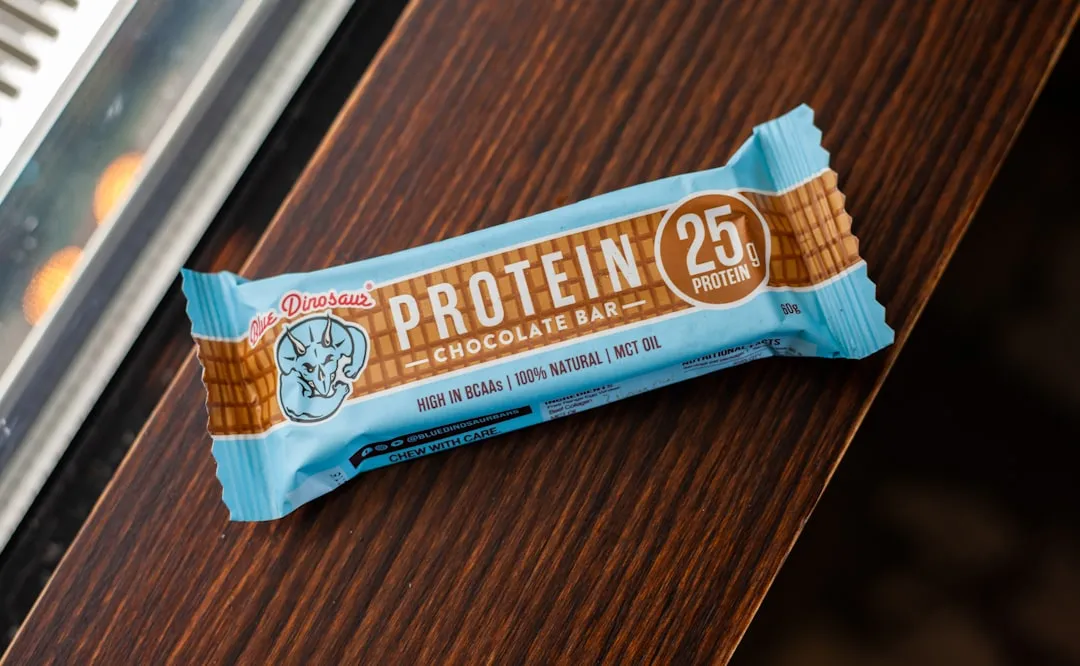




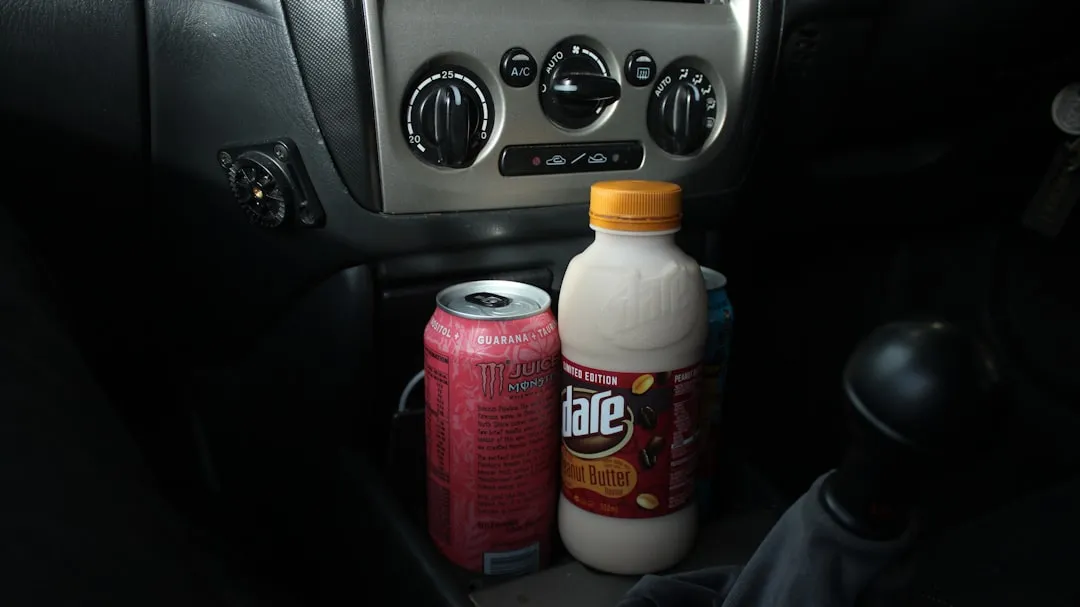


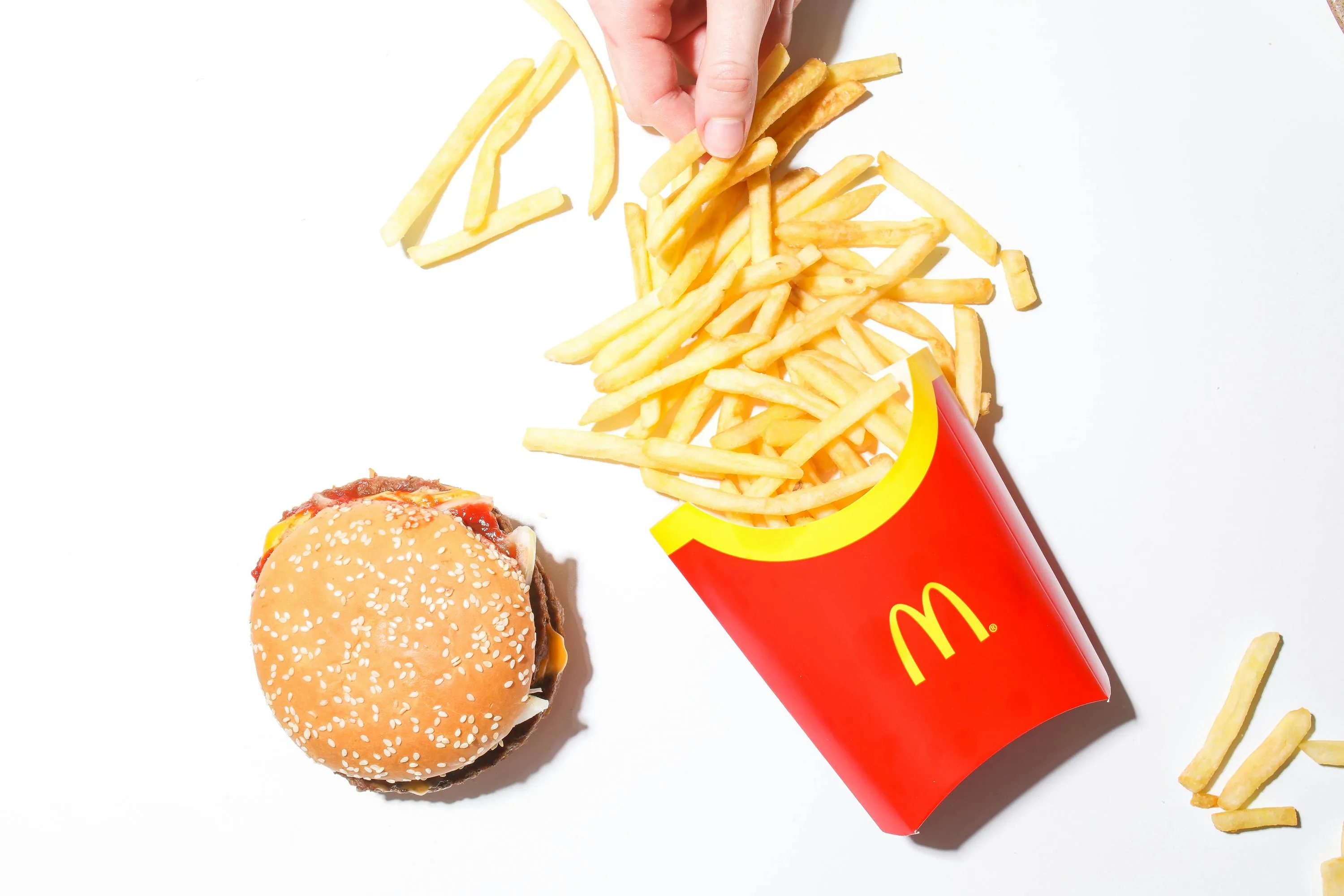

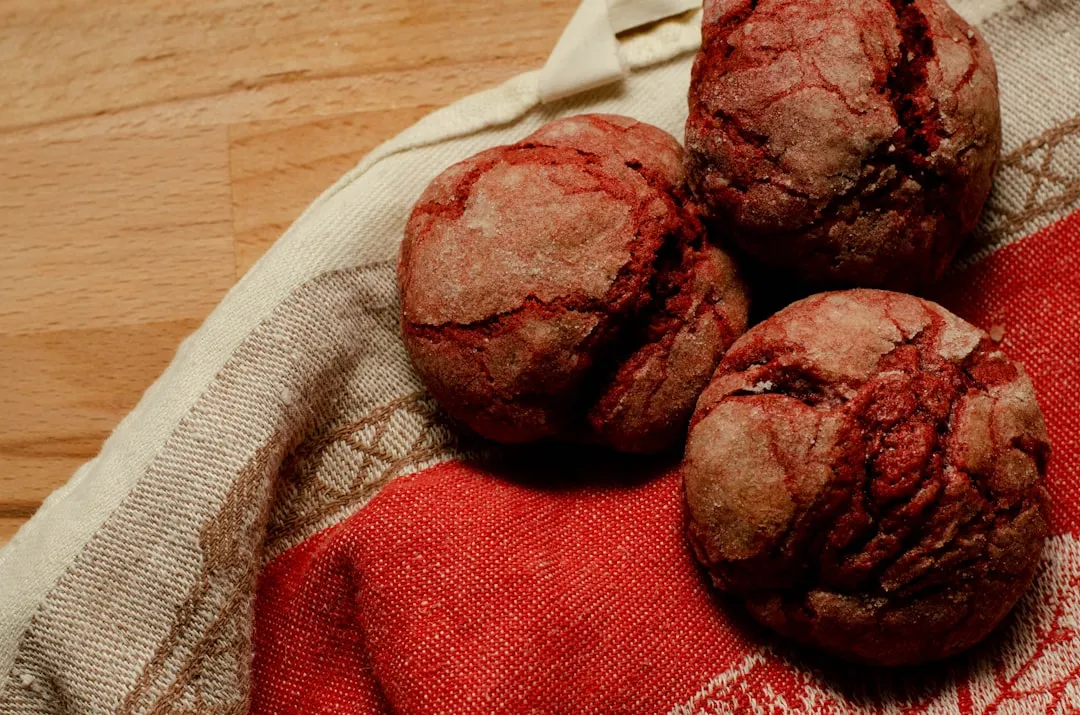





Comments
Be the first, drop a comment!